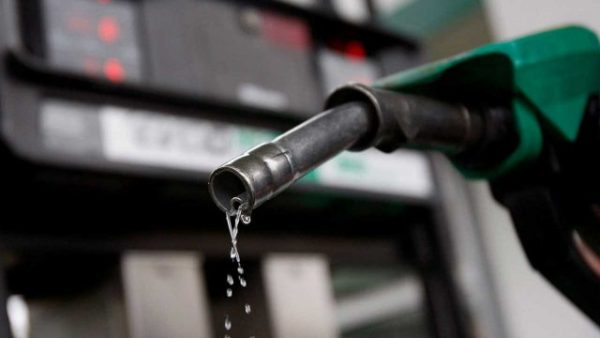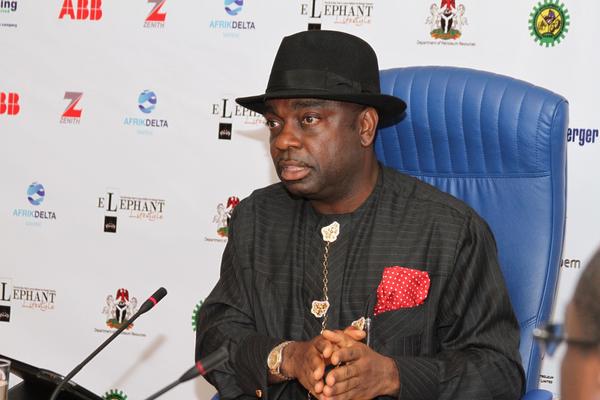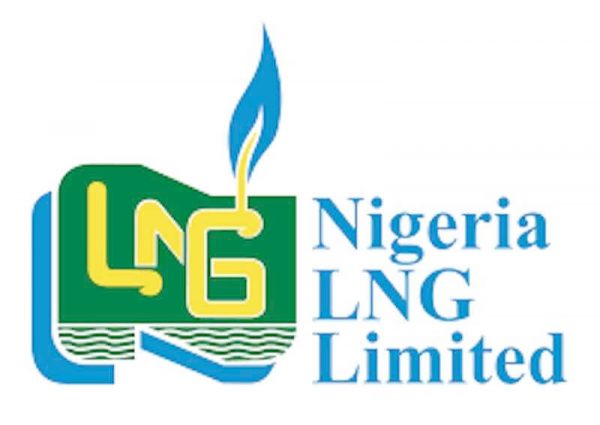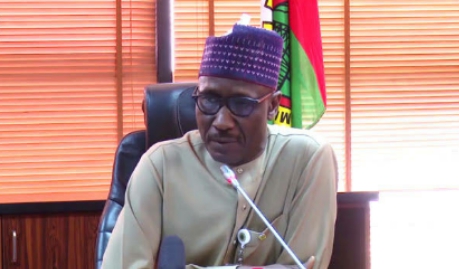Nigeria Needs To Fast-Track Gas Pipeline Construction –Nestoil

The Chairman/Chief Executive Officer, Nestoil Limited, Dr Ernest Azudialu-Obiejesi, has called on the Federal Government to increase the construction of gas pipeline in order to enhance access to natural gas supply by power-generating stations and other areas where gas is needed.
Azudialu-Obiejesi, who spoke at the second edition of the Nigerian International Pipeline Technology and Security Conference in Abuja on last week, described the current method of using domestic gas cylinders as outdated.
A statement by the firm quoted him as saying, “Nigeria, with its abundant reserves of petroleum and gas, stands on the threshold of its own industrial revolution. To kick-start this industrialisation, we must not only extract these resources in the most efficient manner, but also refine and deliver them efficiently, and in a secure and cost-effective manner.”
According to him, investment in more pipelines by the Federal Government will help eliminate the havoc being wreaked by fuel tankers on the road.
The Nestoil boss said, “When the proper pipeline network exists and runs reliably, products are always delivered on time, eliminating the need to build hundreds of storage/holding facilities all over the country.”
He identified vandalism, sabotage and ageing and integrity issues as challenges to the construction, maintenance and operation of the existing current pipelines in the country.
He said interferences, sabotage and vandalism had resulted in oil spills with the attendant environmental, health and safety implications as well as negative impact on agricultural and fishing activities.
Azudialu-Obiejesi described funding as a very big limiting factor for Nigerian engineering, procurement and construction companies willing to participate in the construction of modern pipelines infrastructure.
According to him, the local companies face bigger challenges raising funds for the EPCC pipeline projects compared with the level of struggle for funds to finance projects by the Federal Government.
“Considering the age, state and exposure of our pipeline infrastructure, there should be concrete plans for replacement with better designed, constructed and secured pipelines utilising modern methods and technologies,” he added.
He urged the government to address the issues of criminality, sabotage and vandalism to ensure the security, reliability and continuous operation of the nation’s pipeline network.
Azudialu-Obiejesi also called on the Federal Government to create an enabling environment to grow pipeline network.
He also suggested that “the audit of pipeline network and where appropriate, (should) recommend those due for decommissioning and replacement; adoption of horizontal directional drilling method for pipeline construction; burial of pipelines to ensure restricted access; utilization of fibre optic monitoring systems for monitoring and security; implementation of processes that are recognized international best practices to monitor the pipelines properly, drive timely maintenance and repairs to avoid unnecessary shutdowns, environmental degradation and pollution.”







